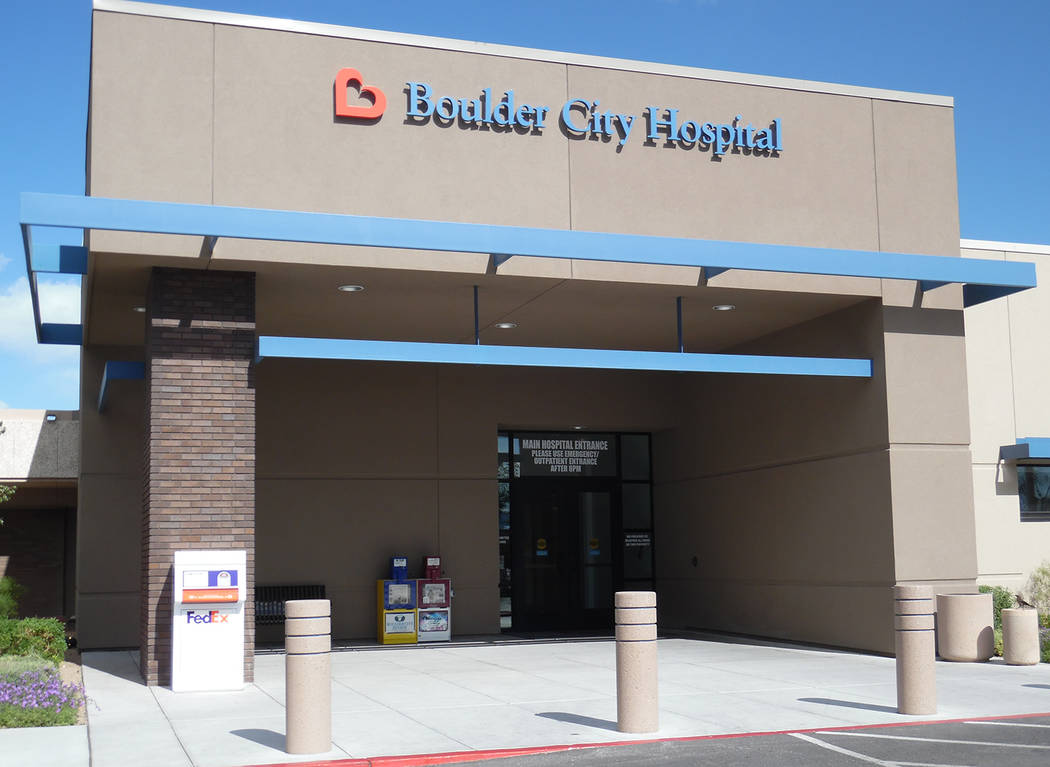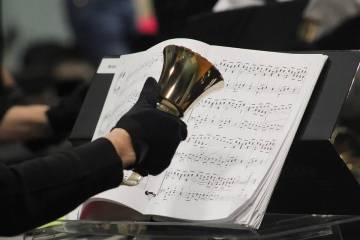Glaucoma can steal your sight
Half of the people with glaucoma don’t know they have it. Get a healthy start this year by learning about glaucoma and taking steps to reduce your risk of vision loss.
Glaucoma is a group of diseases that damage the eye’s optic nerve and can result in vision loss and blindness. About 3 million Americans have glaucoma. It is the second-leading cause of blindness worldwide.
Open-angle glaucoma, the most common form, results in increased eye pressure. There are often no early symptoms, which is why 50 percent of the people with glaucoma don’t know they have the disease.
There is no cure for glaucoma, but if it’s caught early, you can preserve your vision and prevent vision loss. Taking action to preserve your vision health is key.
Anyone can get glaucoma, but certain groups are at higher risk. These groups include African-Americans older than 40, all people older than 60, people with a family history of glaucoma and those who have diabetes. African-Americans are six to eight times more likely to get glaucoma than Caucasians. People with diabetes are two times more likely to get glaucoma than people without diabetes.
There are steps you can take to help protect your eyes and lower your risk of vision loss from glaucoma. If you are in a high-risk group, get a comprehensive dilated eye exam to catch glaucoma early and start treatment. Prescription eye drops can stop glaucoma from progressing.
Your eye care specialist will recommend how often to return for follow-up exams. Medicare covers a glaucoma test once a year for people in high-risk groups. Even if you are not in a high-risk group, getting a comprehensive dilated eye exam by the age of 40 can help catch glaucoma and other eye diseases early.
Open-angle glaucoma is hereditary, so talk to your family members about their vision health to help protect your eyes and theirs.
Maintaining a healthy weight, controlling your blood pressure, being physically active and avoiding smoking will help you avoid vision loss from glaucoma. These healthy behaviors also will help prevent type 2 diabetes and other chronic conditions.
Some people with glaucoma have low vision, which means they have a hard time doing routine activities even with the help of glasses or contacts. A variety of products and resources are available to help. Examples include magnifiers, colored lenses and computer text enlargers.
Some of the difficulties associated with low vision include problems with glare, lighting and contrast, which allows us to see different shades of the same color. Glare can be a real problem for people with glaucoma. Whether it is from the sun or a bright indoor light, glare can reduce the brightness differences and impair contrast sensitivity. Tinted lenses can be used to lessen the effects of some of these problems.
The amount of light available can also present challenges. Most people who have glaucoma are very sensitive to excessive light, especially extreme sunlight. Moderately lit conditions can pose a problem and usually require additional lighting.
Vision loss from glaucoma usually affects peripheral vision — what you can see on the side when looking ahead — first. Later, it will affect your central vision, which is needed for seeing objects clearly and for common daily tasks like reading and driving.
Glaucoma is treated with eye drops, oral medicine or surgery or a combination of treatments to reduce pressure in the eye and prevent permanent vision loss. Take medicine as prescribed and tell your eye care specialist about any side effects. You and your doctor are a team.
If laser or surgical procedures are recommended to reduce the pressure in your eye, make sure to schedule regular follow-up visits to continue to monitor eye pressure.
To Your Health is provided by the staff of Boulder City Hospital. For more information, call 702-293-4111, ext. 576, or visit bouldercityhospital.org.
















